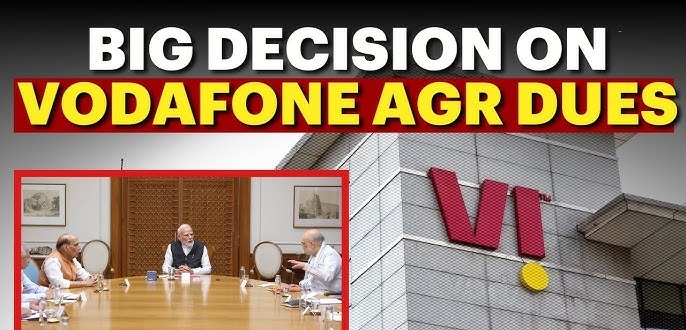@JUDGMENTTAG-ORDER
Vaman Rao, J.@mdashThe petition u/s 482, Cr.P.C. has been filed for quashing the proceedings in C.C. No. 413 of 1997 on the file of the Judicial First Class Magistrate, Kurnool in which the petitioners herein are the accused and they are sought to be prosecuted for an offence u/s 138, Negotiable Instruments Act (hereinafter called ''the Act'').
2. The learned Counsel for the petitioners Mr. Sesha Sai cited two grounds for quashing the proceedings. It is firstly contended that there is no sufficient averment in the complaint that the cheque in question was issued for discharging legally enforceable liability and as such the requirement u/s 138 of the Act has not been complied with. The second contention is that the cheque in question itself was obtained from the Works Office of the petitioner-accused and there was no authority to hand over that cheque to the de facto complainant. It is further contended that at any rate before the cheque was presented in the Bank by the de facto complainant a letter was addressed informing him that the amount due to the de facto complainant has not been properly ascertained, the letter further calls upon the de facto complainant to go over to the office of the accused with their records to verify the exact amount which is payable to the de facto complainant. .
3. The learned Counsel for the respondent No. 1, Mr. Soma Konda Reddy counters these contentions by pointing out that in this case there is in fact a specific averment in the complaint that the cheque was issued towards discharging legally enforceable liability.
4. A perusal of the complaint would disclose that in para 2 there is an assertion as follows:
"Towards the part satisfaction of the business debt the accused Nos. 2 and 3 issued a cheque bearing No. 081471 on State Bank of Hyderabad, Kurnool in favour of complainant for a sum of Rs. 1,50,000.00 on 15.10.1997."
5. Thus, from the averments in the complaint, it cannot be held that there is no assertion that the cheque in question was issued towards discharge of legally enforceable debt. The learned Counsel for the petitioners further points out that the word "legally" is omitted in the complaint. This is a mere quibbling. It does not make any difference. In view of this fact, the contention of the learned Counsel for the petitioners that the complaint lacks the necessary ingredients of Section 138 of the Act cannot be accepted. In view of this, there is no occasion to consider the judgment of this Court in the case of
6. The basis of the second contention raised by the learned Counsel for the petitioners in substance is that after issuing the cheque in favour of the complainant and before it was presented by him in his Bank for realization, the accused informed him by a letter that the amount mentioned in the cheque is in excess of the amount due to the de facto complainant and that before correct amount is ascertained there is a need to verify the accounts and the letter further invites the de facto complainant to go over to the office of the accused for reconciliation of the accounts, so that a fresh cheque can be issued based on such ascertainment of accounts. It is also pointed out that in view of this letter, a letter was also addressed to the Bank, for not honouring the cheque.
7. Firstly, the factual basis of this contention is disputed. It may be seen that an affidavit has been filed on behalf of the de facto complainant in which it is specifically asserted that this letter relied on by the learned Counsel for the petitioners was ante dated and that it was received by the complainant only after presenting the cheque in the Bank. Apart from this disputed question of fact, even assuming that such a letter was received by the complainant even before presentation of the cheque, such a letter does not constitute any defence to the charge u/s 138 of the Act. If this contention is accepted, the object of enacting Section 138 of the Act will be defeated. If this view is upheld then to avoid prosecution u/s 138 of the Act, the accused after having issued a cheque could avoid all the consequences contemplated u/s 138 of the Act by the simple device of informing the complainant that the amount mentioned in the cheque does not represent the correct quantum of liability of the accused and by advising him not to present the cheque. This certainly could not have been the object of enacting Section 138 of the Act and other related provisions in the Negotiable Instruments Act. This contention has no substance.
8. In the result, both the contentions raised on behalf of the petitioners for quashing the proceedings fail and the petition is accordingly dismissed.

